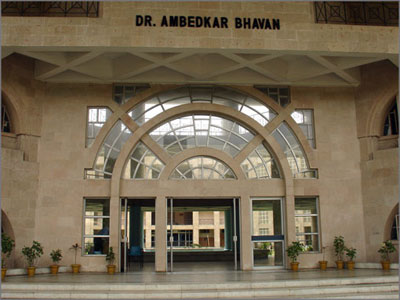The West Bengal National University of Juridical Sciences will reserve 30 per cent of its seats for students domiciled in Bengal from the next session, law minister Moloy Ghatak told the Assembly on Tuesday.
In June, Metro had reported about the Bengal government’s gazette notification on having a domicile quota of 30 per cent at NUJS.
Ghatak, who is a member of the university’s general council, its decision-making body, said the reservation would apply for LLB and LLM seats.
The minister spoke about it while replying to a question from an opposition MLA.
“There are 127 seats in LLB and 42 in LLM. The 30 per cent reservation would apply to both,” Ghatak said.
LLB is the degree that undergraduate students get after five years of study, whereas LLM is the post-graduate degree that graduate students get after two years of study.
The Assembly had passed a bill in November 2018 guaranteeing 30 per cent of the seats in NUJS for state students. The gazette notification was published after the then governor Keshari Nath Tripathi gave his assent.
The notification had given the government the power to determine tuition and other fees. At present, the university decides these.
The national law schools in Kochi, Bhopal, Lucknow, Cuttack, Mumbai and Bangalore have 25 to 50 per cent reservations for domiciled students.
The university will follow the Bengal government’s domicile rules, which are followed in other institutions, including engineering colleges, in the state, NUJS vice-chancellor N.K. Chakrabarti said.
A person living in Bengal for 10 years at a stretch or whose parents are permanent residents of the state with a permanent address in the state is considered as Bengal domicile.











